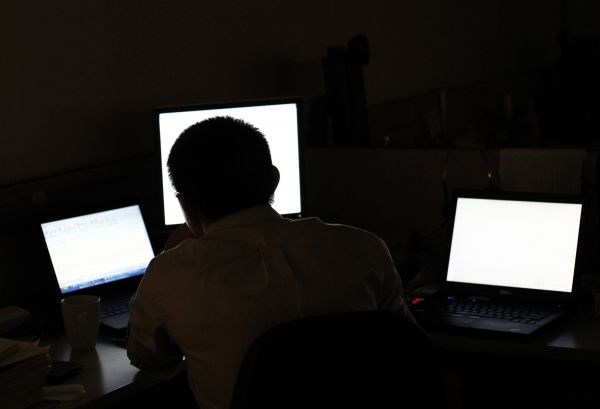Donated Computers Give Power To Discovering New Malaria Drugs

Donated computing power from personal computers can help accelerate anti-malarial drug discovery, researchers say.
Researchers from University of Dublin are finding new targets for drugs that can treat malaria using computational power of personal computers. The research team has built a BOINC server that connects many donated computers and lets the scientists those computers during idle times to carry out scientific research. The work on the computer is carried out in the background.
The FightMalaria@Home project aims to find new targets that can help advance the research in anti-malarial drug discovery. Malaria caused by Plasmodium kills millions of people each year.
According to a report by World Health Organization, some 216 million people were infected with malaria in the year 2010 and an estimated 655,000 died from the disease. Even today, a child dies every minute in Africa due to this disease.
Malaria is curable yet many people keep dying from it every year because most of the people in the developing countries don't have access to genuine anti-malarial drugs and strains of the parasite are getting resistant to the currently available drugs. Previous research has already decoded the genetic makeup of Plasmodium falciparum. Even the proteins that can be blocked to fight the parasite have been found.
Large pharmaceutical companies have already tested millions of compounds that can be used against these proteins. However, what compound affects which protein needs to be identified. "We plan to dock each of the 19,000 hits into structures of each of the 5,363 proteins in the malaria parasite. The computational power needed is enormous," Dr. Anthony Chubb, lead author of the study, said.
"By connecting thousands of computers, we can harness the equivalent power of large supercomputers to help us with our research," Chubb said. "We have over 2000 computers from 63 countries around the world signed on already. This is allowing us to do about 300,000 docking calculations per day, but need to get to closer to 1 million per day," Chubb said.
Researchers are requesting people in Ireland to donate computing time by logging on to www.fight-malaria.org.



























